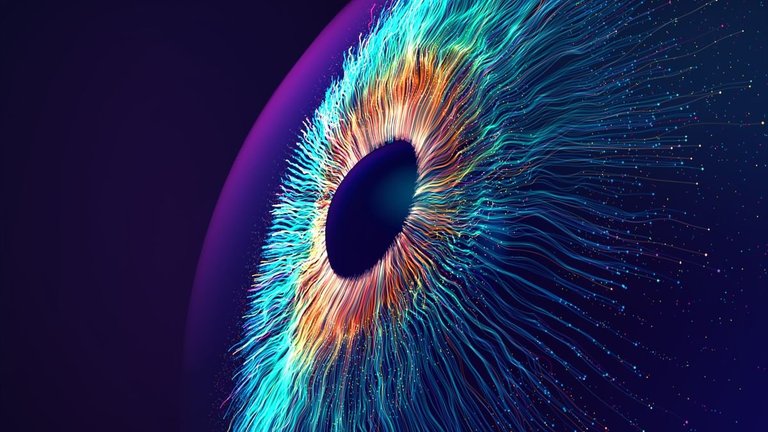RE: LeoThread 2025-01-05 08:20
You are viewing a single comment's thread:
AI could crack unsolvable problems — and humans won't be able to understand the results

0
0
0.000
You are viewing a single comment's thread:

https://www.livescience.com/technology/artificial-intelligence/ai-could-crack-unsolvable-problems-and-humans-wont-be-able-to-understand-the-results?utm_source=flipboard&utm_content=other
Artificial Intelligence (AI) is revolutionizing basic science.
The 2024 Nobel Prizes in Chemistry and Physics showcased AI’s transformative role, with laureates emphasizing its potential for accelerating scientific discovery on an unprecedented scale.
Scientists and Nobel committees celebrate AI as transformative. But the implications for science are complex. While AI accelerates research and reduces costs, it raises concerns about public trust and societal alignment.
AI enables cheaper, faster science. For example, Sakana AI Labs developed an "AI Scientist" capable of producing research papers for $15. Critics worry this could devalue meaningful scientific contributions and burden peer review.
AI brings illusions that mislead researchers. The "illusion of explanatory depth" highlights how accurate predictions don’t always equate to true understanding, as seen with AlphaFold’s protein structure breakthroughs in Chemistry.
The "illusion of exploratory breadth" occurs when scientists think they’re testing all hypotheses, but AI limits exploration to what it can analyze. This narrows the scope of scientific inquiry significantly.
Finally, the "illusion of objectivity" shows that AI systems reflect biases inherent in their training data and developers’ intentions, challenging the belief that these models are neutral or entirely fair.
Despite AI’s potential, excessive reliance risks overwhelming science with meaningless output. Automated systems could saturate scientific literature, eroding public trust and weakening the rigor of the scientific process.
Public trust in science remains fragile. AI-driven science, detached from context, risks alienating people. During COVID, calls to "trust the science" highlighted the importance of nuanced communication and diverse perspectives.
Addressing societal issues like climate change or inequality requires science sensitive to culture and values. Letting AI dominate research could result in a monoculture ill-suited to these complex, context-dependent challenges.
The International Science Council stresses nuance and context for public trust. AI-driven research risks sidelining transdisciplinary approaches and public reasoning, essential for tackling social and environmental crises.
The 21st-century social contract for science emphasizes societal benefit. Publicly funded science aims to address pressing challenges like sustainability. AI could help but also disrupt this delicate balance if misaligned.
Key questions arise: Does AI compromise the integrity of publicly funded research? How do we mitigate its environmental impact? Can science meet societal expectations while integrating AI responsibly?
Transforming science with AI without revisiting its social contract risks misaligned priorities. Science must engage diverse voices to ensure AI research aligns with society’s needs and values.
The future of AI in science demands open dialogue among scientists, stakeholders, and society. Collaborative efforts can establish guidelines ensuring responsible AI use that benefits humanity equitably.
By actively shaping AI’s role in research, scientists can maximize its transformative potential while preserving the integrity, trust, and societal relevance that underpin science’s vital role.